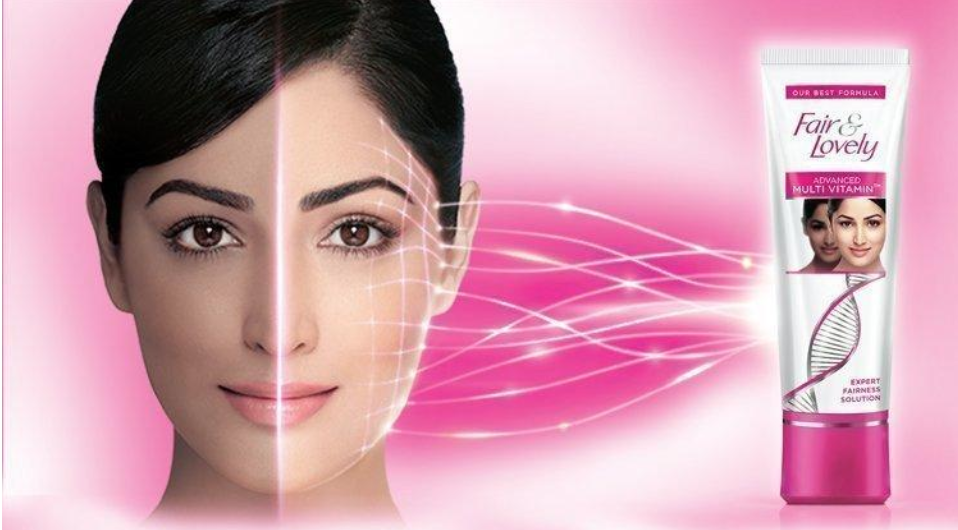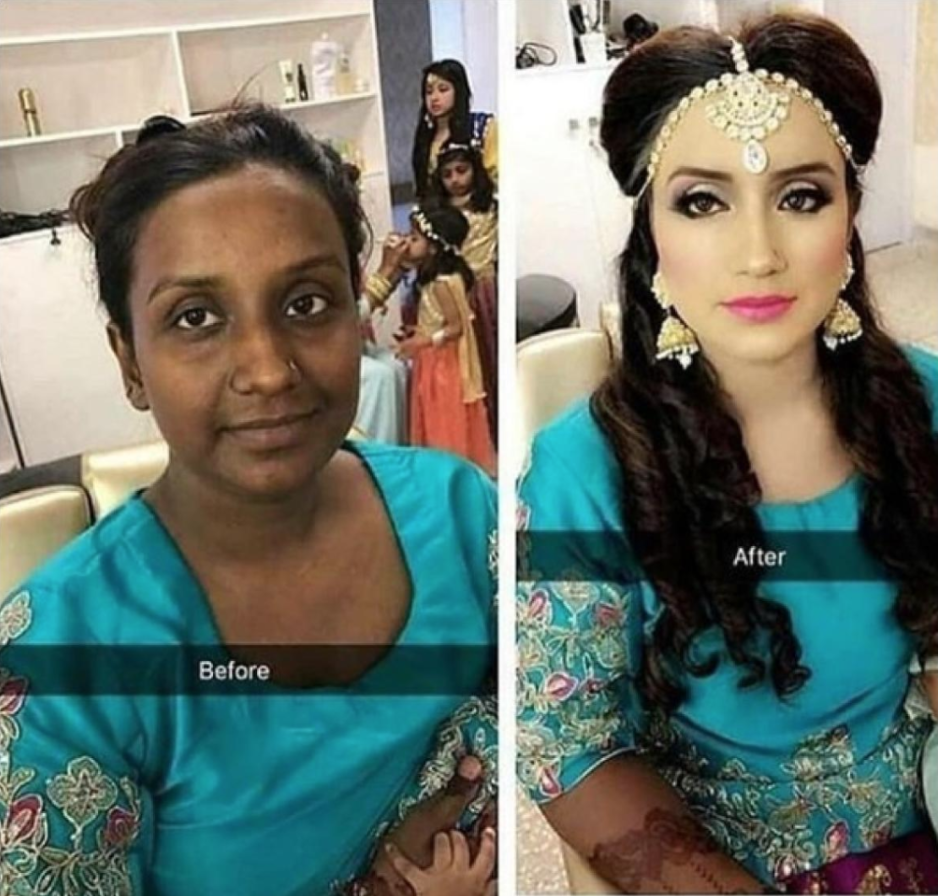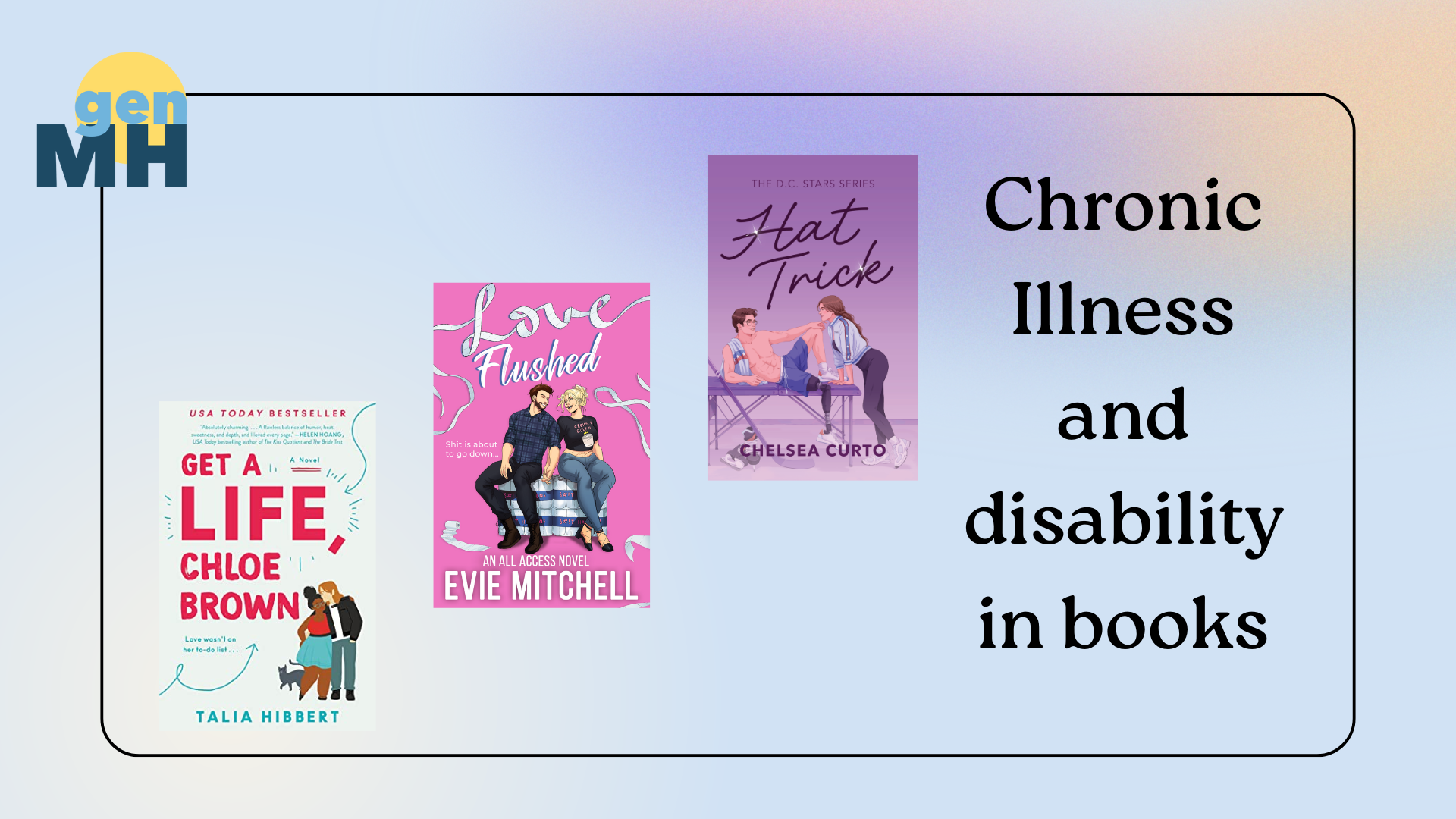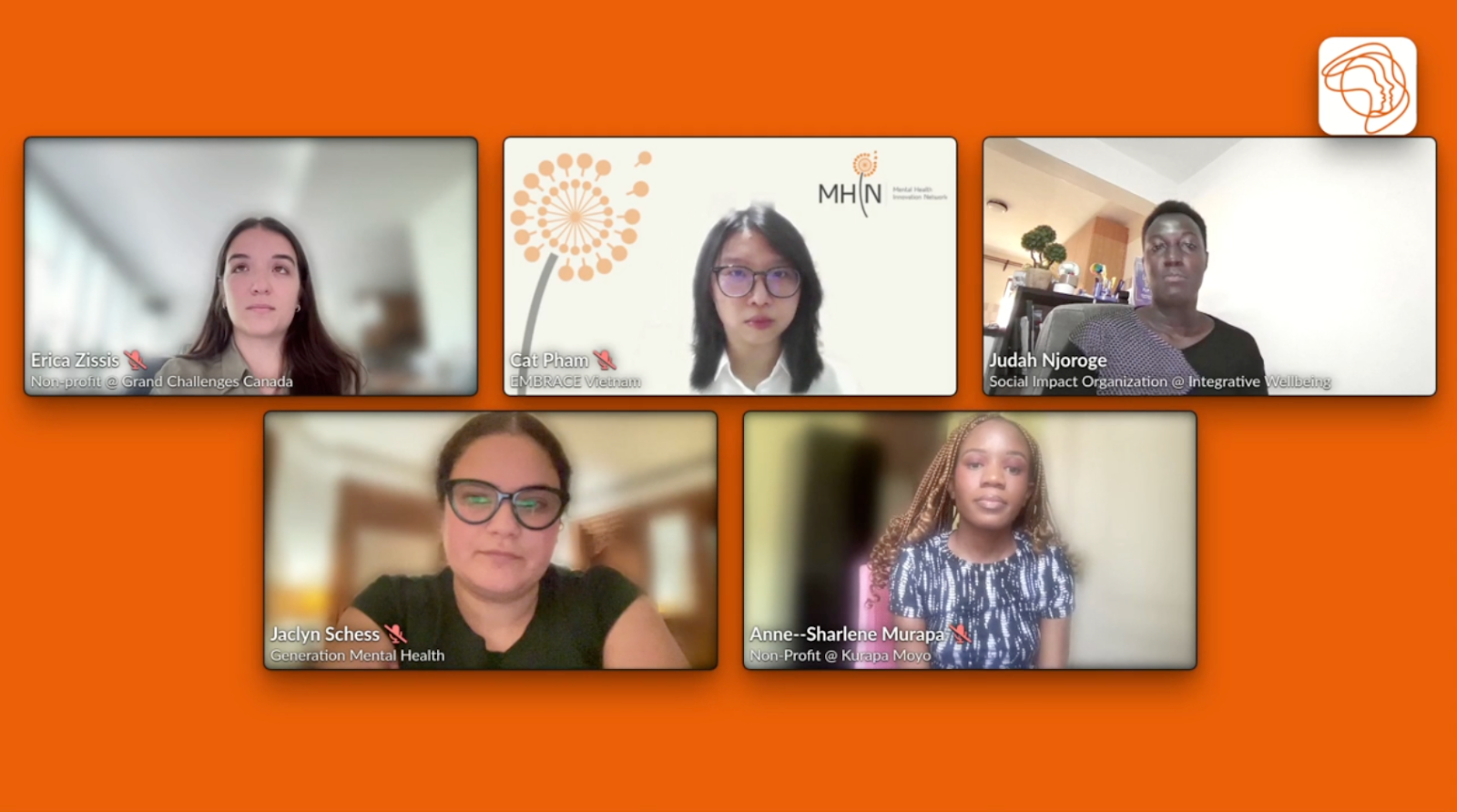Overcoming Colourism in the South Asian Community
Why this is an essential step in being an Ally to the Black Community.
The Black Lives Matter movement has been present for 7 years, yet some would say that it was after the horrifying killing of yet another member of the Black community this year that the world saw the injustices against the black community. The horrifying killing of George Floyd was a wakeup call to many on police brutality. However, it also drew attention to the macro problems that have existed and permitted for systemic racism to prevail for so many years. Groups of people around the world, have joined in protest, holding hands to confront police brutality, white supremacy and systemic racism. I’ve been one of those people who took a stand, however, I don’t think that is enough. I think in order to show allyship to the black community, we must address the systemic issues that are embedded within our own communities, such as Colourism within the South Asian community- something that I am ashamed of saying has molded the South Asian psyche for many years. If you are someone that supports colourism, then how can you be an ally to the black community?
What is Colourism?
Colourism is the idea that those who have darker complexions are less beautiful, less deserving or less successful than those of fairer skin. This is an ideal that is very much prevalent in the South Asian community.
Growing up, I’ve had my share of experiences with colorism; to the point where in my naïve pre-teen years, I felt uncomfortable by my melanin rich skin. Listening to their criticism of my skin colour, I felt the need to hide myself indoors during sunny summer days, avoiding the beach at all costs, and even wondering if I should invest in some Fairness creams. Yup, you heard me right, a 10-11-year-old feeling so ashamed of their skin color, that I would consider bleaching my skin to feel more beautiful or at the very least, get out of hearing criticism. The worst part of all of this, is that skin lightening products are a multi-billion-dollar cosmetic industry in India, that distributes worldwide. Unilever produces fairness creams called Fair and Lovely, marketed towards women; and Fair and Handsome marketed towards men; and provide a “solution” to getting lighter skin and aiming for “what’s more beautiful”. --And that is the way these products are marketed, with huge populations of people seeking them.
Q: So where does this obsession for light skin come from?
A: The legacy of colonialism still exists today. Racial hierarchies were established in colonized India based on skin tone; where preferences were given to those who were closer to the colonizers. The unfortunate truth is that these beliefs are embedded in a lot of cultural norms, where white supremacy is the rule.
Hypocrisy within South Asian context
Krishna is a very popular deity, celebrated throughout India and many parts of the world. According to Hindu and Sanskrit texts, Krishna was known for his dark complexion; however, most of his representation in mainstream media is always as a fair skinned male. A similar occurrence goes for Draupadi- a essential character in the Hindu epic Mahabharata; and praised for her beautiful melanin rich skin in Hindu scriptures is always depicted as a fair skinned woman.
This picture is a prime example how colorism translates into action.
A couple of months back, I came across this picture on social media, It was a bride who was getting her wedding makeup done. I remember and still am completely outraged by this picture, and still recount some of the comments praising the work done by the makeup artist. I couldn’t understand how this was something to applaud. This bride had taken on a new identity, and that was being celebrated? Internalizing the structural implementation, colourism can have detrimental effects on one’s wellbeing, and overall, negatively impacting one’s sense of self-confidence, self-esteem and self-worth. In many times, one might find the only way to be accepted is to subjugate oneself to the pressures of colourism, as seen by the picture above.
What I wanted to address and be firm on is my response to colourism in the South Asian community. Marching in protests is not enough! In order to be the best ally to our black brothers and sisters, we need to analyze the embedded systemic racism, ( that may be as apparent as Fair and Lovely commercials or perhaps, not so obvious such as unconsciously having a bias towards shopping only at non-black owned stores). We need to address and educate those in our community why colourism is a significant problem.




